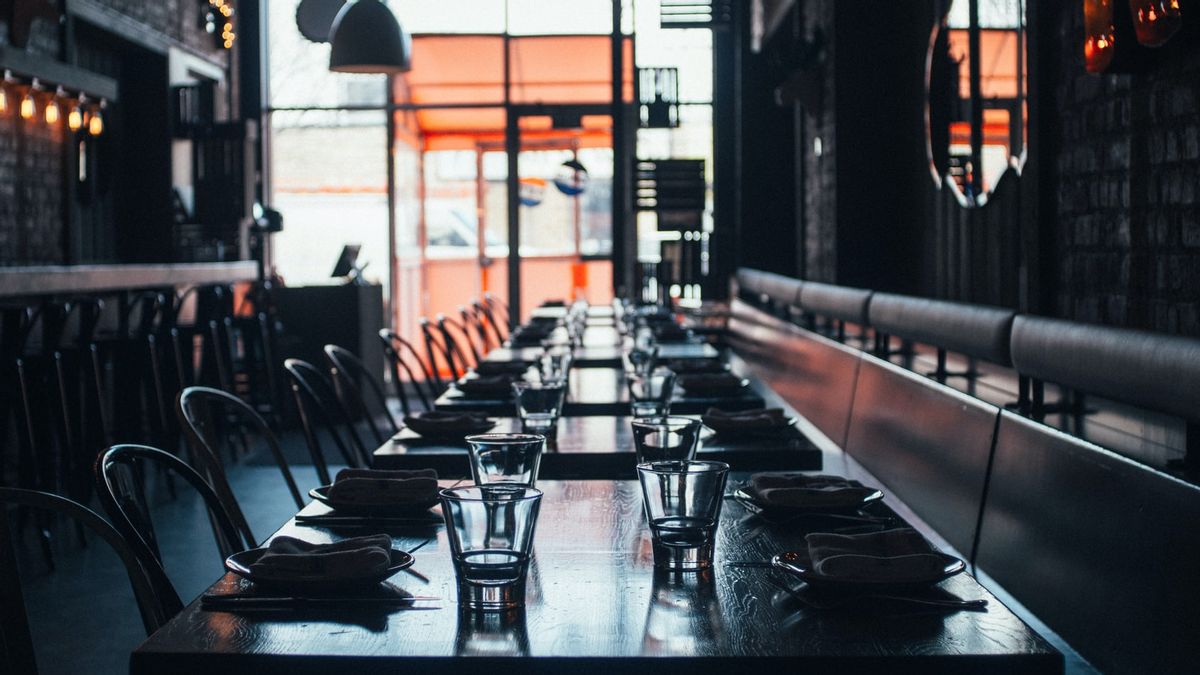JAKARTA - The DKI Jakarta Indonesian Hotel and Restaurant Association (PHRI) considers that the implementation of the Emergency Community Activity Restrictions (PPKM) is a softened lockdown. Because, in this restriction, restaurants are only allowed to serve delivery and take away orders.
Deputy Chairperson of the DKI Jakarta PHRI Restaurant Division, Rully Rifai, said that the restaurant's income comes from dine-in or eating out. Meanwhile, Emergency PPKM does not allow that. This rule, said Rifai, makes entrepreneurs unable to do anything but hope for the government.
"Because if we look at the current government announcement, this is actually not an Emergency PPKM. For this restaurant, it's the same as being locked down. If it's locked down, frankly we can't do anything. We can't suggest anything, other than that we only expect from the government," he said in a virtual press conference, Monday, July 5.
Rifai admits that this condition is indeed difficult for the government. However, he said, restaurant entrepreneurs also have employees who are the company's responsibility. Meanwhile sales through delivery or take away are not as much as dine-in sales. Moreover, shopping centers are also not allowed to operate during Emergency PPKM.
"If you look at the total sales, the maximum is for standard hotels, especially for lower-middle-class restaurants, our maximum sales are between 15-20 percent, maybe 25 percent," he said.
Meanwhile, said Rifai, the middle to lower class restaurants cannot survive. This is because the operating costs incurred are not proportional to the income generated. This means that income does not cover expenses.
"So this is very affected for restaurants. Especially for rent payments, electricity, billboard taxes, this is very difficult for us," he said.
Rifai said that the short-term impact of the enactment of the Emergency PPKM is the reduction of employees or laying off employees. However, if this Emergency PPKM is continued, it is not impossible that employers will terminate their employment relations or lay off workers.
"If we don't get help, we will automatically lay off employees for the short term. But if this continues, we will definitely have employees laid off," he said.
Therefore, Rifai asked the government to be concerned about the condition of restaurant entrepreneurs who are currently difficult to survive the onslaught of the COVID-19 pandemic.
"Don't look at the big restaurants, the middle to lower ones have a very big impact. Especially when we talk about street vendors, they can't sell small restaurants and they live there. This is very concerning," he said.
The English, Chinese, Japanese, Arabic, and French versions are automatically generated by the AI. So there may still be inaccuracies in translating, please always see Indonesian as our main language. (system supported by DigitalSiber.id)











